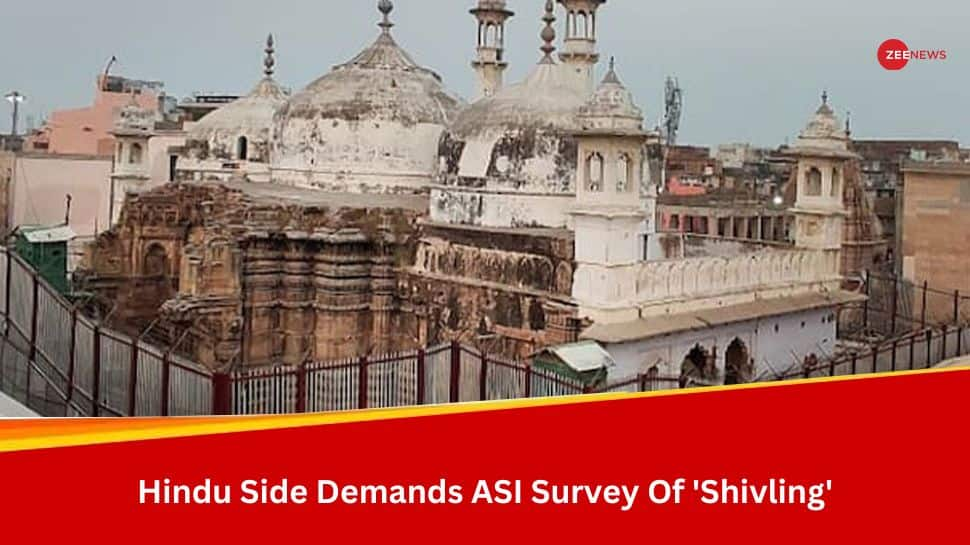NEW DELHI: The Hindu petitioners in the Gyanvapi Mosque dispute case made a fervent plea on Monday, urging the Supreme Court to intervene and direct the Director General of the Archaeological Survey of India (ASI) to conduct a comprehensive survey of the disputed ‘Shivling’ and its associated features.
An application is filed in the Supreme Court by Hindu plaintiff in Gynvapi case seeking directed to vacate its May 19, 2023 order by which it had put on hold the scientific survey of a “Shivling” said to have been found at the Gyanvapi mosque complex in Varanasi during a… pic.twitter.com/QV4T5OtYJs
— ANI (@ANI) January 29, 2024
Plea for De-sealing ‘Wazukhana’ Area And ASI Survey
In their petition, the Hindu representatives pressed for the unsealing of the ‘wazukhana’ area within the Gyanvapi mosque premises. They implored the apex court to authorize the Archaeological Survey of India (ASI) to conduct an investigation in the ‘wazukhana’ vicinity, ensuring the preservation of the revered ‘Shivling’ during the process.
The application seeks direction from the Director General of Archaeological Survey of India (ASI) to make necessary investigation/survey of the alleged “Shivling” to determine its nature and associated features without causing any damage to the “Shivling” situated within the… https://t.co/gT5s8z8rv9
— ANI (@ANI) January 29, 2024
VHP Seeks Nod For Worship In Disputed Area
In response to the ASI’s confirmation of a temple’s existence beneath the Gyanvapi mosque, the Vishva Hindu Parishad (VHP) rallied for the initiation of religious rituals in the contentious ‘Wazukhana’ section. Alok Kumar, the VHP’s international working president, emphasized the need for mutual respect and suggested relocating the mosque to facilitate the construction of a temple at its original site.
Alok Kumar’s assertions echoed in a post on social media, highlighted the ASI’s revelations regarding the ‘Shivlinga’ and inscriptions found within the structure, bolstering the claim of its temple origins. He underscored that the evidence presented aligns with the essence of the Places of Worship Act, 1991, advocating for the formal recognition of the site as a Hindu temple.
AIMPLB Disputes ASI’s Conclusions
Contrary to the VHP’s stance, the All India Muslim Personal Law Board (AIMPLB) challenged the ASI’s findings, dismissing them as inconclusive. AIMPLB executive member Qasim Rasool Ilyas maintained that the ASI report lacked definitive proof in the contentious case.
Release Of ASI Survey Report
Legal proceedings intensified as the Varanasi court mandated the distribution of certified copies of the ASI report to both Hindu and Muslim parties involved in the dispute. This development followed the Allahabad High Court’s rejection of a plea by Muslim litigants to halt the ASI’s scientific survey of the Gyanvapi mosque premises.
Path To Resolution?
As tensions persist between the two communities, the disclosure of the ASI report marks a crucial juncture in the ongoing dispute. With divergent interpretations of historical evidence, achieving consensus remains elusive, emphasizing the intricate complexities of the Gyanvapi case.

